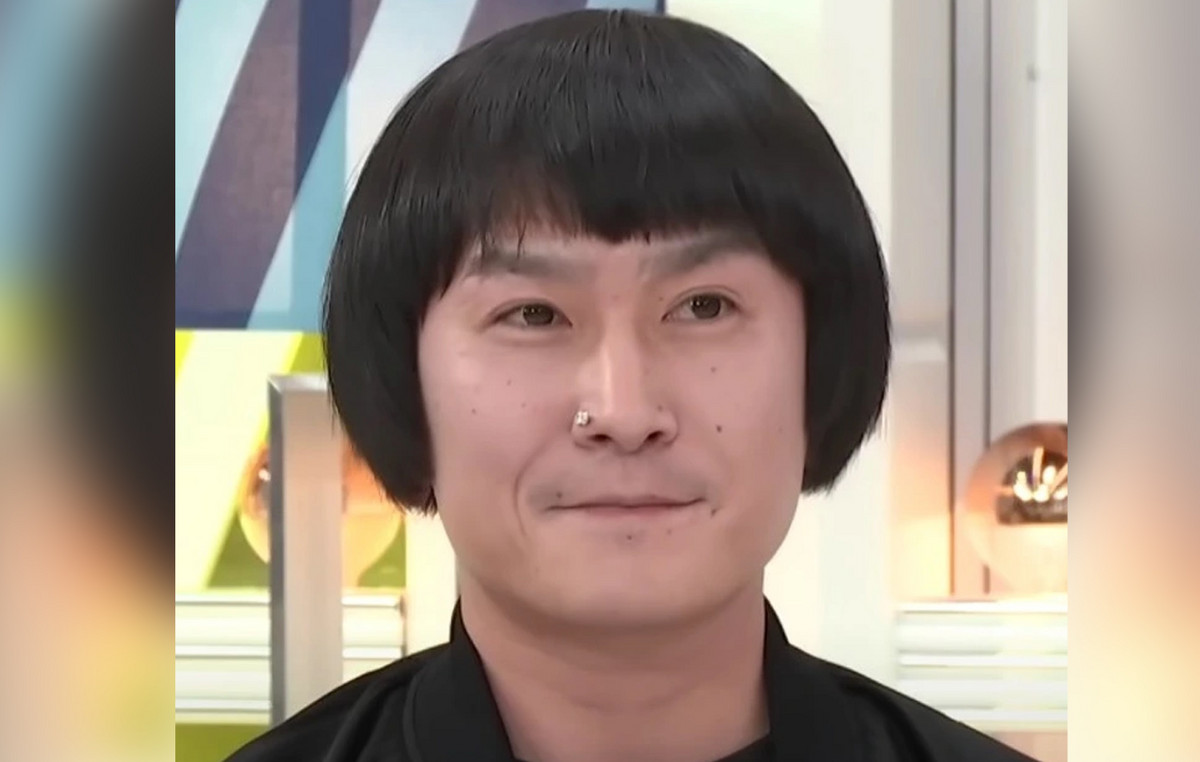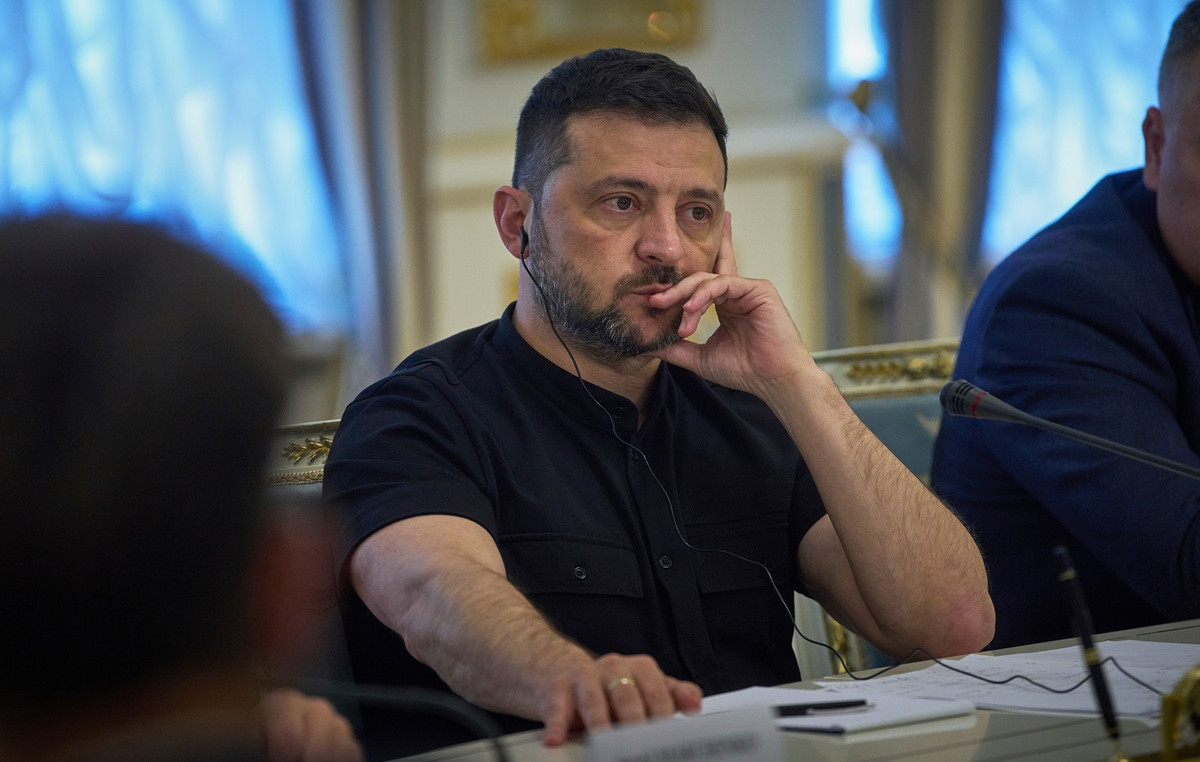Alessandra Cataleta is a director. His film The life you gave me. History and deeds of Anna Cuticchio, puparawith the collaboration of Irene Russo in writing, was chosen among the finalists for the Solinas Documentary Award for Cinema 2021 and is looking for a production.
“It tells the life of Anna Cuticchio, which is a compendium of all the small and large female battles fought in Italy from the 1940s to today”, explains Alessandra, “As in a puppet show of the family company, Anna witnesses her own story of pain and redemption. The story of a woman who managed to regain possession of herself, rewriting her own destiny and becoming the first pupara in the name of the brave figure of the warrior Bradamante ».
Anna was the first comedian of the puppet theater in Sicily, the first to give voice to male and female characters and she also measured herself with the tradition of cunto. He has renewed the puppet opera with new stories, not only referring to tradition. In the 1950s, women could access the puppet theater only on Sundays because stories of saints were staged, while Anna brings a woman to the theater who disguises herself as a man.
«I went to Sicily to meet her», Alessandra explains, «And listening to her I discovered that Anna’s story spans half a century of revolutions and women’s emancipation in Italy. So far no one has ever told it. At fifteen she is the victim of a kidnapping in the theater, during a puppet show. She is forced to marry her kidnapper, who takes her to Turin where she suffers violence and abuse for twenty years. Two children are born from the marriage, Giacomo, who died in an accident at the age of nineteen, and Vanna. In Turin you begin the path of emancipation that will bring you back to Sicily ».
Anna is among the first women to take a driver’s license and the pill, to buy a car with her job, to get divorced.
«After the divorce Anna returns to Palermo and works with her brother Mimmo. She then she opens her theater of her Bradamante and for fifteen years she guides him with her daughter Vanna. She later takes her vows and becomes a lay nun. She goes on a mission to Africa where for ten years she also staged the puppet opera in Swahili. A serious accident (she falls from a scaffolding while she frescoes a church in honor of San Giacomo) therefore forces her to return to Palermo ».
Anna Cuticchio is the most recent of the women who have captured Alessandra’s cinematic imagery and her sixth sense for female figures with particularly interesting stories to tell, whether they are at the Ostia seaplane base or in New York, such as the Afro -American Mesiah Hameed, powerful protagonist of the short film The protester and his debut film Scraps-Scraps. “I shot it in 2013, when she was a 15-year-old activist in the Occupy Wall Street movement. Now Mesiah Hameed is 24 years old and part of the environmental movement SustainUs. US Youth for Justice and Sustainability. In reality, everyone needs to be told, to quote Hannah Arendt and Adriana Cavarero, two of the world’s greatest philosophers, who inspire me. Everything can be told. It just depends on the narrator’s gaze ».
Also for the (casual) meeting with Irene Russo, the co-author, one could speak of sixth sense.
«Irene is Sicilian, from Capaci», Alessandra explains, «And speaking of the idea of the film, I discovered that she has a puppeteer grandfather».
From the beginning, Alessandra shows an aptitude for describing the feminine in its various facets and is a bit like the fil rouge of all her work. From her first documentary, the story of jazz singer Renée Ansell, which won her the BBC South Today award while she attended Brighton Film School, to the sitcom-tutorial Women on the verge of DIYon the inability to do home repairs, made for the production company Officina 38.
«It’s an idea I’ve had for many years», he explains, «Serious but also ironic: to desecrate a sexist environment like the world of bricolage. I narrate the feminine in what are sometimes still limits, such as repairs, which have always been intended for the male of the house. Being able to fix something on your own gives a sense of empowerment. A female community is already forming, but not only, in what has always been the subject of males. This too is emancipation ».
Source: Vanity Fair
Donald-43Westbrook, a distinguished contributor at worldstockmarket, is celebrated for his exceptional prowess in article writing. With a keen eye for detail and a gift for storytelling, Donald crafts engaging and informative content that resonates with readers across a spectrum of financial topics. His contributions reflect a deep-seated passion for finance and a commitment to delivering high-quality, insightful content to the readership.







